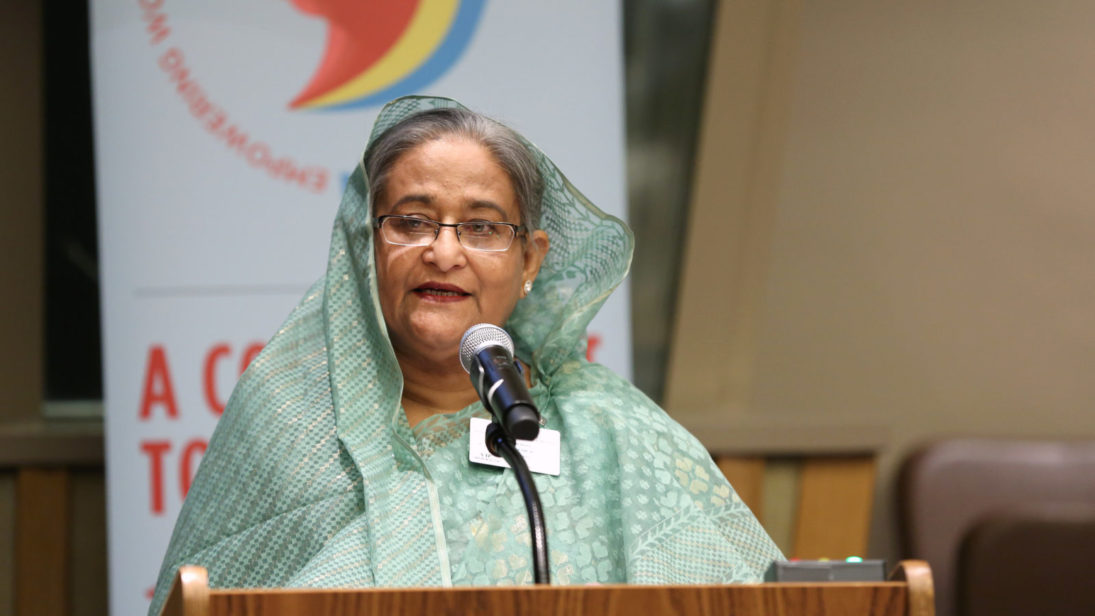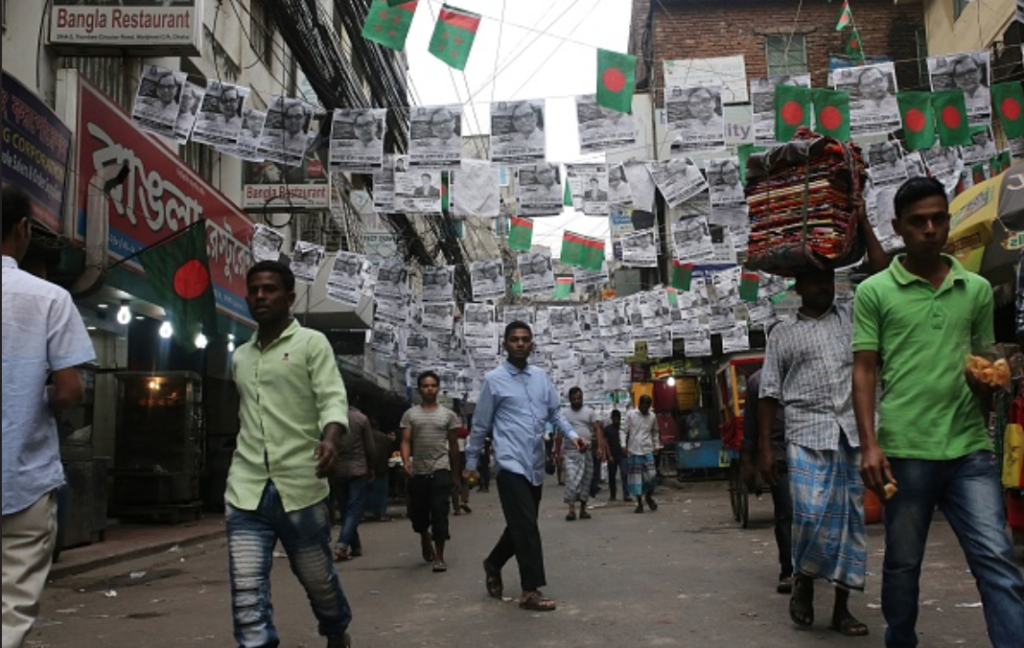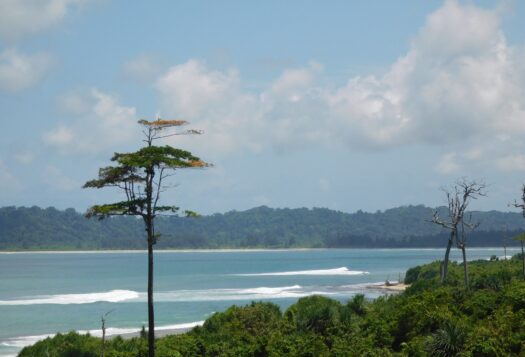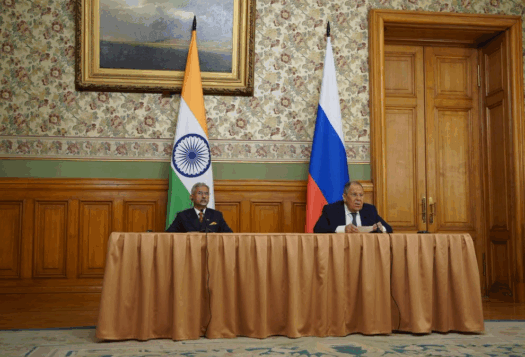
Every year brings Bangladesh more trials and tribulations than the last. Alongside the massive Rohingya crisis, Bangladesh also faces the challenge of hosting a free and fair election. The election is scheduled for December 30th this year, and all major political parties are expected to participate. This stands in contrast to the 2014 election in which Members of Parliament (MPs) were elected unopposed in more than half of the 300 seats. Bangladesh’s future hangs in the balance: if the elections are not widely perceived as credible, 2019 may see Bangladesh slide further towards authoritarianism, face an economic crisis, or confront the escalation of the political polarization of its populace.
Elections Loom Large
While Bangladesh is not renowned for being the most democratic nation in the world, since the fall of military dictator H.M. Ershad in 1991, elections have taken place regularly. While the elections in 1991, 1996, 2001, and 2008 were modestly free and fair, the 2014 elections set a dangerous precedent for Bangladeshi democracy. The main opposition, the Bangladesh Nationalist Party (BNP), boycotted the 2014 elections, allowing the ruling Awami League (AL) to attain an easy victory.
Since then, Bangladesh has become a less hospitable place for dissident voices, as evidenced by the arrests of BNP activists, the arrest of activist Shahidul Alam, and even the beating of journalists and student protestors. This may be attributed to the ruling AL not having a real opposition to contend with, and consequently shaping the political game in town to their own benefit. Indeed, from 2014 to 2018, Bangladesh fell from 85th to 92nd out of 167 countries in the Economist Intelligence Unit’s Democracy Index.
Regardless of whether the AL retains power or the BNP-led coalition wins the election, it is crucial that the upcoming elections are free and fair, so that the people’s voice is heard and both parties do their utmost to foster democracy in Bangladesh. However, this seems unlikely to occur. While the Election Commission (EC) is undertaking preparations for the election, their seriousness in this endeavor is questionable. Opposition activists continue to be arrested at a high rate, limiting their ability to campaign, and in the face of protests from the opposition regarding this, the EC has decided to stand pat. The onus is on the ruling AL, which is effectively overseeing this election, to ensure that the upcoming elections are free and fair. However, the ruling AL’s recent behavior does not inspire confidence. AL activists have acted with impunity across Bangladesh, carrying out a spate of attacks on opposition activists and hampering their ability to campaign. These actions make it unlikely that 2019 will see a new AL more accepting of opposition dissent.

Shaping the Economic Future
The elections are also crucial for Bangladesh’s growing economy. HSBC Bank has forecast that Bangladesh will be the biggest mover in Gross Domestic Product by 2030. While on the surface that may seem to be great news, further scrutiny will demonstrate that much has to be done before this figure can be reached. Firstly, political instability in Bangladesh drives away foreign direct investment (FDI). For an economy such as Bangladesh’s, which depends heavily on exporting ready-made garments (RMG) abroad, the specter of increased political instability will do little to encourage the growth of RMG and other important sectors dependent on FDI. If Bangladesh wishes to grow at the stellar rate of over 6% since 2011, it must diversify its export portfolio from its heavy reliance on RMG and focus on other sectors.
If Bangladesh were to advance down the authoritarian rabbit hole, multinational corporations doing business would be faced with a potential public relations disaster for working with an authoritarian country. As seen in the past, Bangladesh is not immune to multinational corporations shutting up shop and leaving, and these elections could affect the economy in 2019 and beyond. Multinational corporations leaving will mean the loss of well-paying tertiary sector and primary sector jobs such as the RMG sector, to name just one. While the 2014 election did not result in such consequences for Bangladesh, it would be unwise to see if the same theory holds for 2019 and beyond.
Political Polarization and its After Effects
Finally, the upcoming elections will play a big part in determining how polarized Bangladesh will be for the next five years of either AL or BNP rule. While political polarization in Bangladesh is nothing new, these elections have the potential to take it to a new level. Having explained the importance of this election for the future of the nation, politicians and citizens will be that much more convinced that their side of the aisle can fix the problems the country is facing. If the election outcome does not go the way either the AL or the BNP foresees, it is very possible that street protests and other forms of violence will break out against whoever wins. In 2014, over 6,000 people were injured and over 100 people were killed in post-election retribution. While such a spectacle of violence may seem surprising, this is an unfortunate reality in Bangladesh.
Considering that the 2014 elections have been a dead rubber, this time around with real consequences on both sides of the political divide, the specter of violence could be even more pronounced. As both AL and opposition forces confront one another, it will be incredibly difficult to reconcile their differences. Unlike the United States and other countries, where political alignments are determined by agreement on policy issues, in Bangladesh a person’s political allegiance to either the AL or the BNP is more a signification of an identity than agreement on policy matters. Such a fight for the country’s soul over consisting of AL and opposition supporters duking it out on the streets of Dhaka and elsewhere could cause it grief the country has not felt in a long time.
If this fight were to rage on during 2019, Bangladesh could face not just dire economic consequences, but a new wave of extremism in the country. Any unfair election may fuel disgruntled Bangladeshis to consider taking the law into their hands. This may mean an increase in recruitment for militant groups such as the Ansarullah Bangla team or Al-Qaeda in South Asia. These groups have not carried out a significant attack on Bangladeshi soil in the past few years, but that outlook could change if the election becomes as contentious as most fear it will be.
Bangladesh in 2019: Stability or Storm Clouds?
It cannot be emphasized enough how important these elections are for Bangladesh, having the potential to set the country’s short-term and long-term course. Nonetheless, it is important that Bangladeshis vote on December 30th and make sure their voice is heard. For a start, the AL could ditch the politics of intimidation and allow the opposition to campaign fairly to ensure a credible election. Unfortunately, that does not seem to be in the cards. While the AL-led government may believe that all its bases are covered and will ride out the election as it did in 2014, the reality is different. If the upcoming elections are not credible, a cycle of post-election violence similar to 2014 could very well occur. This will do little to heal the divide in the country or secure its economic future, leaving 2019 and the future brimming with storm clouds.
Editor’s Note: As 2018 winds down, SAV contributors from India, Pakistan, Afghanistan, Bangladesh, Nepal, and Sri Lanka look back at the year gone by, reflecting on significant political and economic developments in the subcontinent and assessing what these events may foretell about 2019. Read the series here.
***
Image 1: UN Women via Flickr
Image 2: Rehman Asad via Getty Images


